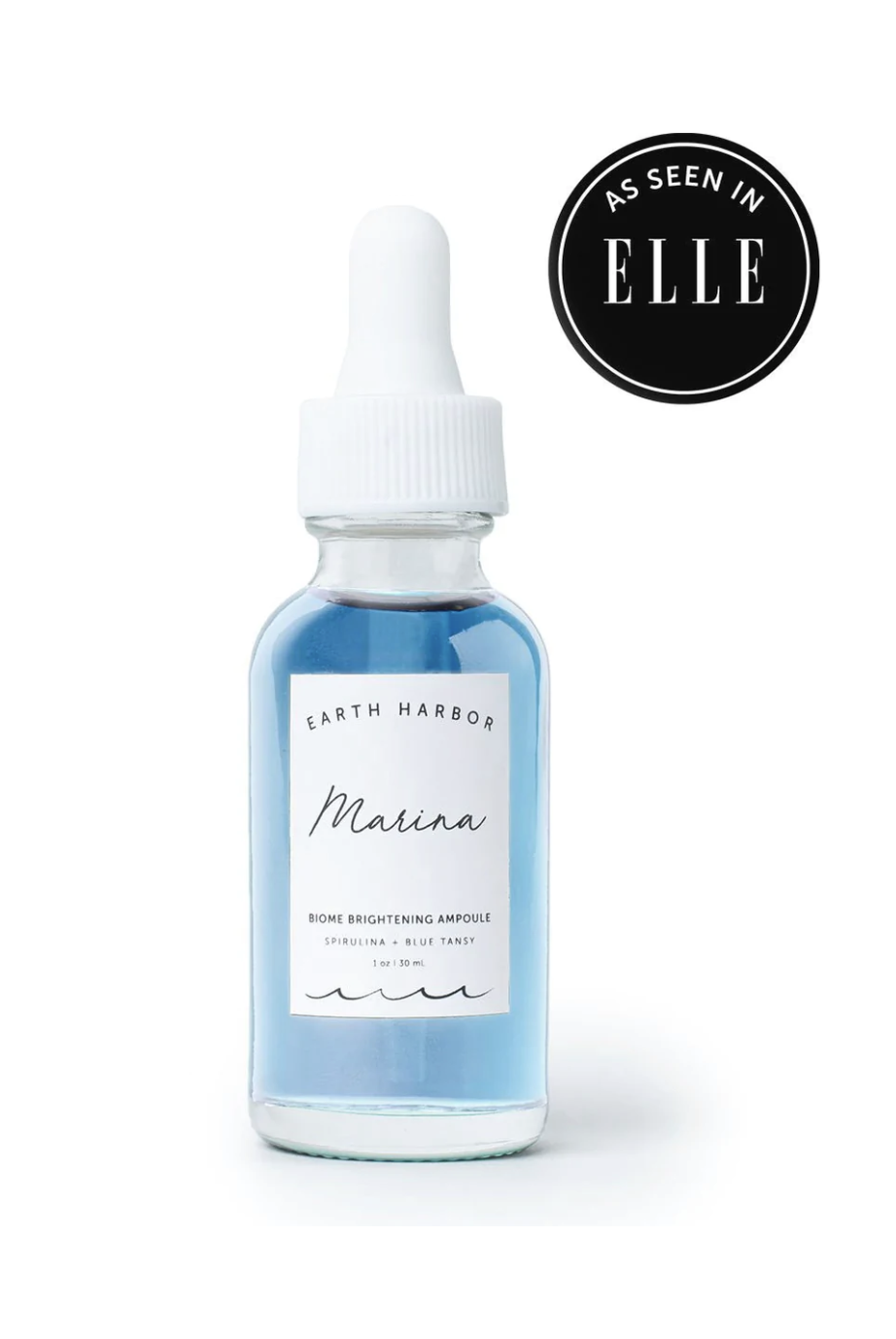Squalane (and squalene)
Squalene is a natural part of our skin, making it a uniquely beneficial ingredient. Squalane is known to repair the skin barrier of all skin types. It is perfect for dry, cold weather because it is lightweight and deeply penetrating.
Squalane, the processed (and often plant-based) version of squalene, is usually seen in your product's ingredient list.
Squalene plays a significant role in our skin, as it is naturally present in the sebum and is a component of the skin lipid barrier. As a skin surface lipid, it helps prevent moisture loss from the skin while also acting as an antioxidant.
How does squalane work?
Squalene is a lipid molecule found in our skin. It naturally occurs in both plants and animals. It is present in multiple organs and tissues and is essential for cholesterol biosynthesis and skin renewal.
Topically, squalene nourishes the skin and provides antioxidant (anti-aging) benefits, healing skin uniquely. Squalene forms an occlusive seal within the skin to prevent moisture loss and scavenges rogue oxygen molecules helping repair skin damage (1).
Because squalene is naturally occurring, it is deeply penetrating. Lightweight, sebum-mimicking oils like jojoba tend to have a refreshing moisturizing effect because they are quickly absorbed by the skin, unlike heavier oils like coconut, which tend to sit on the skin. Squalane is used as a main ingredient but also as a penetration enhancer, which helps other ingredients reach deeper into the skin, making them more effective.
Physically, squalane:
Hydrates skin and prevents water loss with its occlusive, lightweight properties
Supportive in healing UV or environmental damage by fighting free radicals
Anti-aging
Squalene and Squalane
Squalene is the naturally occurring lipid molecule found in our skin. It's found in many plants and animals but in naturally high concentrations within shark liver. Since shark-based squalene is unsustainable and prone to oxidation, we typically see squalane, the hydrogenated version of squalene, in our products.
Hydrogenating oil helps to slow oxidation, but it changes the structure so that you may see squalene listed as 'squalane.' It's simply the more shelf-stable version! Both plant and animal-based squalene can be hydrogenated into a skin-effective oil. Animal-based squalene is heavy, fragile, unethical, and unsustainable compared to plant-based squalane.
Squalane can be derived from sugar cane, wheat, amaranth, rice, olives, and more. The plant-based versions offer additional benefits like increased penetration.
Products with squalane
Your makeup remover, cleanser, mask, scrub, moisturizer, serum, and SPF can have added squalane. Of course, I recommend staying plant-based with squalene for sustainability and ethical reasons.
These two ampoules are incredible for added skin nourishment and support. An ampoule is a concentrated booster that can be used daily or as needed.
The Nebula Adaptogen Clarity Ampoule aims to balance skin's oil production and protect skin from pollution. This ampoule helps balance skin's oil production, protects skin from the effects of pollution, and fights acne with anti-bacterial properties.
The Marina Biome Brightening Ampoule brightens and balances with blue tansy, spirulina, and plant-based squalane. This should be used for uneven skin tone, discoloration, hyperpigmentation, or dull skin.



